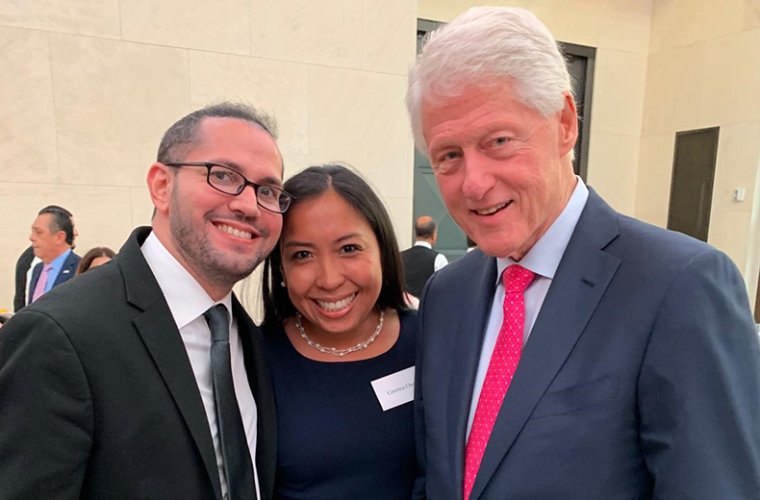Dr. Ricardo Correa has numerous initials related to his medical certifications behind his name. As a former U.S. Army medical corps officer, he is now a civilian serving as the Program Director for Endocrinology, Diabetes, and Metabolism Fellowship and the Director for Diversity of Graduate Medical Education at the University of Arizona College of Medicine – Phoenix; Staff Clinician and Researcher at Phoenix VA Health Care System and Faculty at Mayo School of Medicine. He completed his Medical School and Education Masters at the University of Panama.
I spoke to him about how his military training helped him get where he is today.
- How did the Army help you get to where you are today? In the military, there are a lot of leadership courses, and I took advantage of them. These courses train you to become a good communicator and teach you to be a good leader. In the military, you need to have the ability to direct things to your soldiers. These foundations helped me translate that ability to civilian life, especially in the education pathway that I am — helping the next generation of physicians be leaders in their field and with their patients.
- What was the most valuable lesson you learned in the Army? I am still learning many things in the Army. Something that I appreciate is the camaraderie that exists among the members. You are immersed into a family, and others take care of you as you take care of others. This camaraderie is something that I appreciate and try to translate to the medical world. Another thing that I learned is that when you fall, you have to stand up and continue. I apply this motto in my life.
- How does your service as a veteran help you in your role at VA? I have a deep understanding of how a soldier has been, and I can correlate that and establish empathy with my patients at the VA. When patients came and mentioned the particular jargon we used in the military, I understood them, making our conversation easier. Sharing our experiences in my clinic makes me a better human being and a physician.
- How does your service as a veteran help you in your role at the university? Developing leadership skills that I gained and continue gaining in the military makes things easier to apply to my role as a clinical educator. Having those opportunities open me the door to taking a leadership position in the different areas of medical education.
In closing, Dr. Correa says the Army brought him abilities that you cannot learn in the civilian world. Serving my country opened its door for my future and my family.






